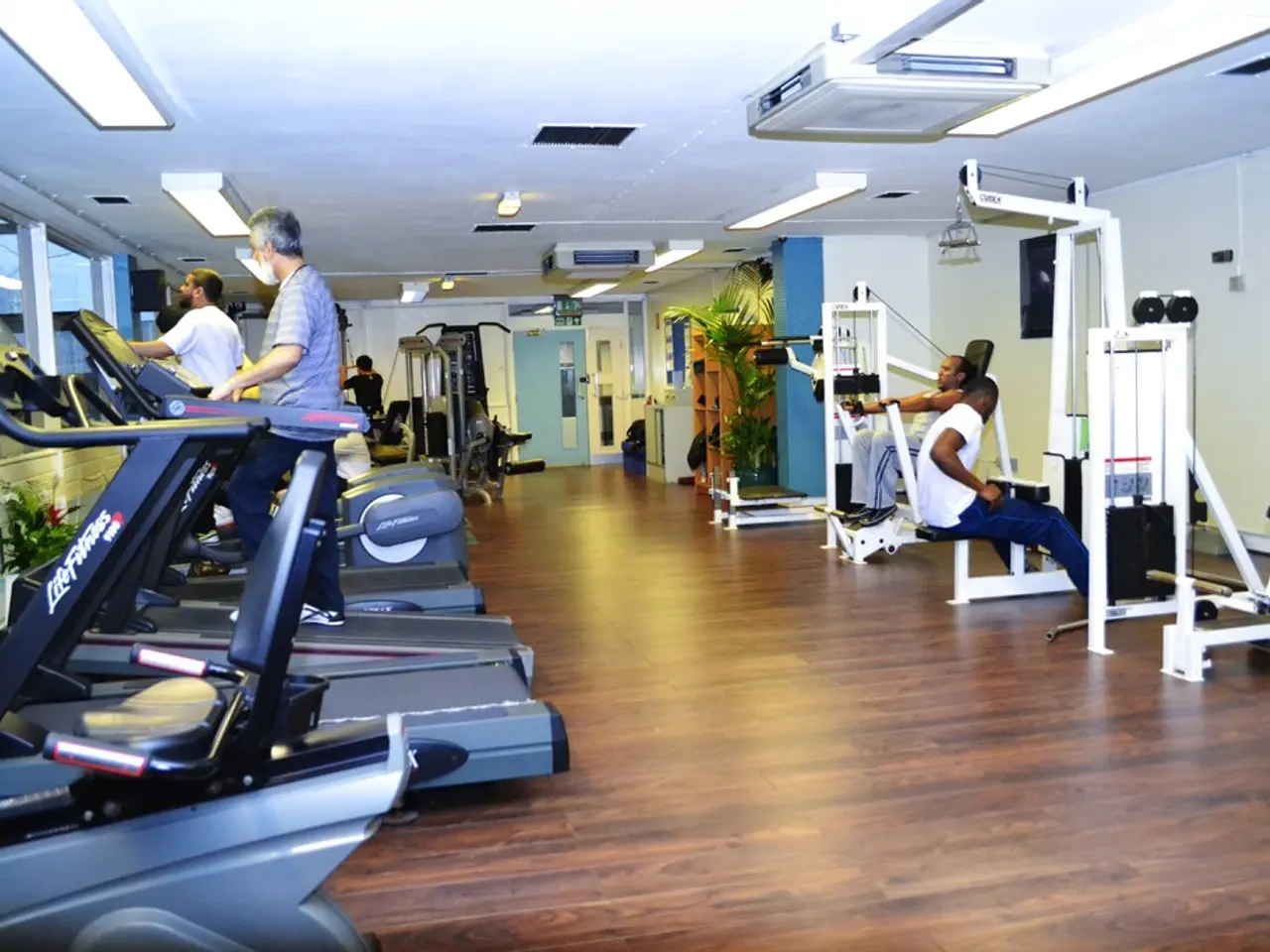Weight Loss and Exercise: Significance, Advantages, and Illustrations
Embarking on a new exercise program can be an exciting step towards a healthier lifestyle, but it's essential to approach it with care, especially if you have pre-existing health conditions. Here's a rundown of some key points to consider before you get moving.
Consult Your Doctor First
Before diving headfirst into a new exercise regimen, it's crucial to have a chat with your doctor, particularly if you're dealing with health issues such as heart disease, lung disease, diabetes, kidney disease, arthritis, or if you've recently quit smoking, been inactive for some time, or are dealing with obesity. Your doctor can provide valuable advice and help determine the best exercise intensity for you.
The Benefits of Yoga and Pilates
Two popular exercise methods, yoga and Pilates, have been found to offer numerous benefits. A 2019 study revealed that individuals who practiced yoga experienced an increase in well-being, positive health behaviours, and a decrease in perceived stress and incidence of obesity. A 2021 review of studies found that Pilates reduced body fat percentage and overall body weight in individuals with overweight and obesity, although more research is needed. Moreover, a 2018 review of studies found that Pilates increased feelings of energy while decreasing feelings of depression, anxiety, and fatigue.
Calculating Your Target Heart Rate
To ensure you're exercising at an appropriate intensity, you can calculate your target heart rate. The formula is simple: subtract your age from 220, and then take 50% to 70% of that number. This will give you the range within which your heart rate should ideally be during exercise.
Listening to Your Body
When starting a new exercise program, it's essential to pay attention to your body's signals. If you start to experience pain or shortness of breath, stop exercising immediately and rest. If these feelings persist long after you've stopped, contact your doctor promptly.
The Importance of Enjoyment
To make exercise a consistent part of your life, it's crucial to find a type of exercise that you enjoy. Whether it's yoga, Pilates, or something else, finding enjoyment in your chosen activity will increase the likelihood that you'll stick with it.
Meeting Recommended Guidelines
The Centers for Disease Control and Prevention (CDC) recommends that an average adult engages in at least 150 minutes of moderate-intensity physical activity per week. This can be broken down into 30-minute sessions, five days a week.
Exercise and Weight Loss
Exercise plays a significant role in weight loss, but it's most effective when combined with a modest calorie deficit. By following these guidelines and listening to your body, you'll be well on your way to a healthier, more active lifestyle.




